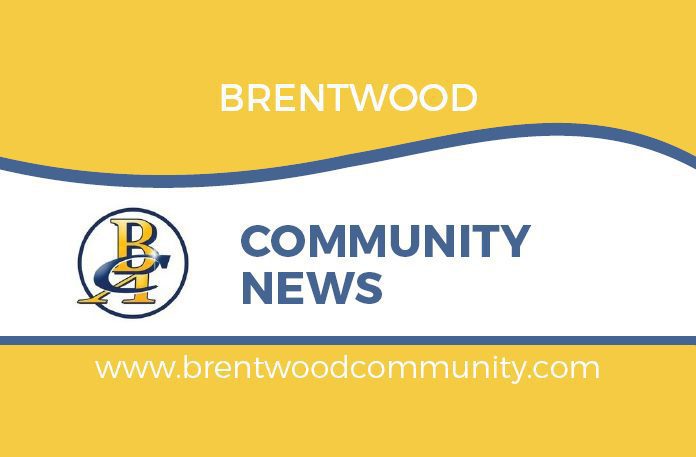Whose Opinions Matter?
by Melanie Swailes on behalf of the Development and Transportation Committee
“We want to hear from you. Your input will help us make important decisions.” These are the opening words on the City Building “Engage” website at https://engage.calgary.ca/citybuilding.
Many years ago, in a university marketing class I learned that only a very small number of people who have a complaint will ever bother to write a letter. The professor stressed that for every person who writes, there may be many others who feel the same way but only complain to their friends or neighbours. The person who writes might be just the “tip of the iceberg” so their comments should be taken seriously. If customers do not feel listened to or heard, or feel dismissed, they are likely to spread their discontent by telling others about their negative experience.
Feedback matters. Travel review sites for hotels or restaurants routinely ask for your feedback, and customers have an expectation that their input matters. Credible websites post the negative reviews as well as the positive ones: sometimes what matters most is how the company deals with feedback received, even if it is not positive or what they wanted to hear. The important part is that customers expect that if they take the time to post their thoughts or experiences, the person on the other end will listen and respond.
What If We Could Rate the City and Assign Stars Based on Our Experiences?
When it comes to development, the City of Calgary has clear processes and procedures in place which provide “a means through which neighbours, community associations, and other affected individuals and organizations can provide feedback.” (https://www.calgary.ca/development/permits/process.html). The information that is gathered is to be used to “influence decision-making” (the Engage policy, https://engage.calgary.ca/about).
But what if the feedback from the community differs greatly from that of a developer or a deemed City interest? Recent examples include the proposed closure of the Inglewood Pool, the potential sale of part of Richmond Green Park, and Bowness residents fighting to keep a small “park” area within their community. The Engage policy requires that input be used to “aid decision makers in understanding the perspectives of people potentially impacted by City decisions. Public input is balanced with factors like budgets, regulations, and best practices.”
When the Engage portals continually ensure us that our opinions matter, but then fail to reflect what they have heard, credibility is lost. Blanket rezoning remains the biggest example of this: 6,101 Calgarians submitted a total of over 13,000 pages, with 88% opposed. “We want to hear from you” … but only if your opinion supports the pre-determined outcome. There has to be a better way.
I recently attended an online session with Larry Beasley, a noted Canadian Urban Planner, and the author of Vancouverism. He made this very powerful statement: “You start from one basic principle as a planner: Citizens are as smart or smarter than you are, and they have a lot more information at the local level than you can ever have.” (Thanks to Better Infill Edmonton who hosted the session. The full transcript and video can be viewed at www.betterinfill.ca.)
Mr. Beasley went on to say, “Neighbourhoods are one of the fundamentals of a liveable city. Cities are getting so huge and complex that local sense of place is becoming even more important. Neighbourhoods are at the essence of what I think good communities are about…What cities also have to do is always have a conversation going with residents, with people at the neighbourhood level. It’s one of the fundamentals, that if government is going to govern with its people, it has to listen to the people.”
Regarding infill and densification, Mr. Beasley commented that, “In principle … adding opportunity for infill is not a bad idea. On the other hand, when you’re dealing with a sitting community, there are more edges to implementing than there would be if it’s a new community, because people are there, people are being hit one way or another. So, you’re obliged as a government, but also as citizens, to then say, ‘All right, let’s now talk about what’s not working, what was excluded, what was not talked about during the policy formation?’, and you can evolve the policy constantly. That is the organic way that cities find the agenda and programs they need. They don’t just all come out of thin air. They come out of trial and error and talk and review.”
Mr. Beasley’s talk offered better ways of approaching planning and redevelopment in a manner that includes communities, rather than treating them as opposition or a barrier to get around. Most people I talk with recognize the need for more housing and support increased densification if it is contextual and sensitive to the area. Posting Engage surveys online is not the same as a face-to-face meeting with residents. Our communities are not blank slates. Our opinions matter and we need a strong voice at the table when issues impact us.
Read and learn! Check out these books from Calgary Public Library:
• Vancouverism by Beasley, Larry (2019)
• Broken City: Land Speculation, Inequality, and Urban Crisis by Condon, Patrick M.
• The Tenant Class by Tranjan, J. Ricardo
• Homesick: Why Housing Is Unaffordable and How We Can Change It by O’Brien, Brendan
If you would like to join our community association, you are always welcome to do so. Contact the office at [email protected] or at 403-284-3477.
Click here to the Brentwood Community News home page for the latest Brentwood community updates.











